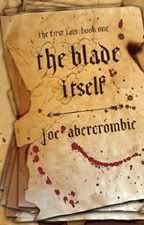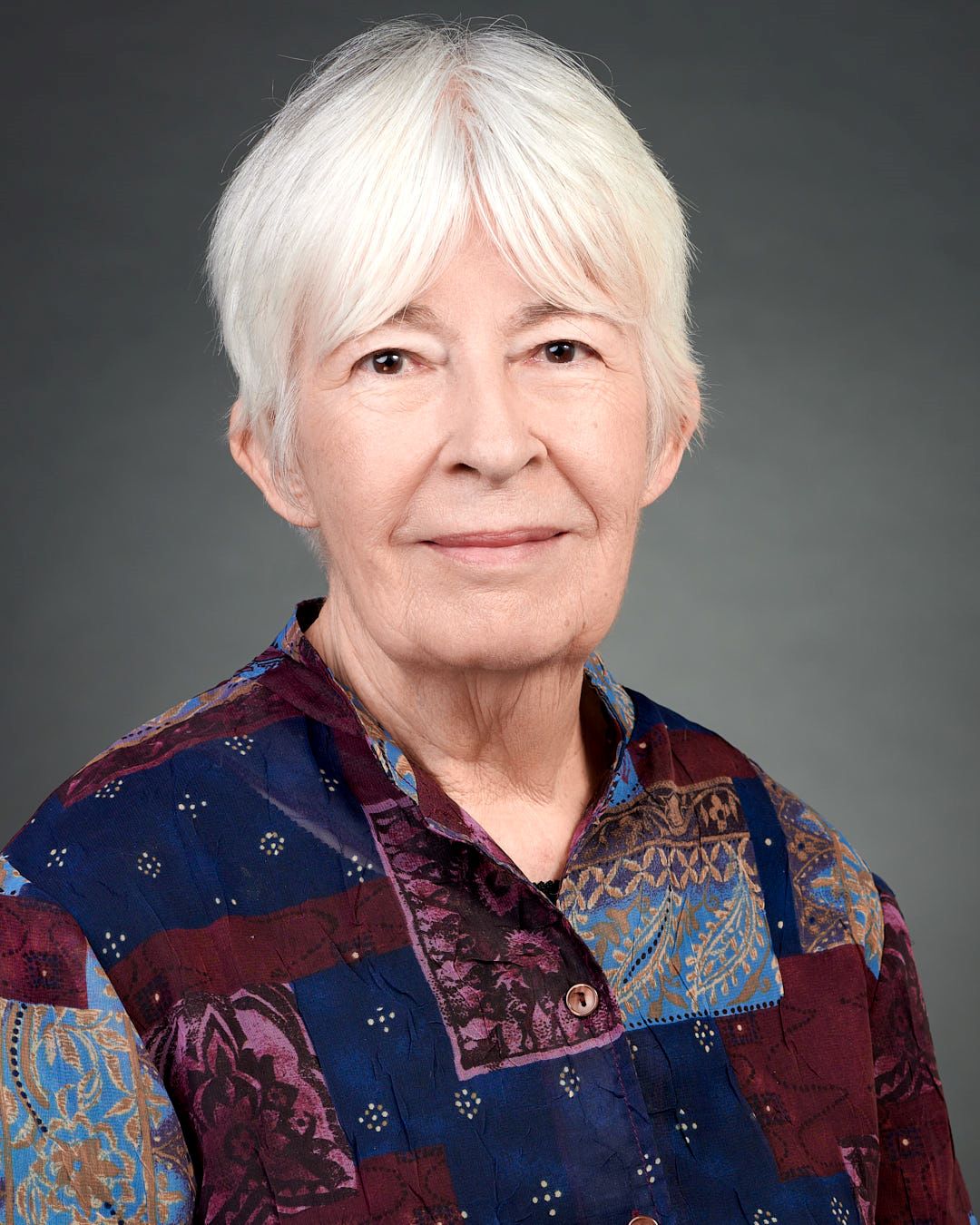Interview: Joe Abercrombie, Part 2
By Juliet Marillier | September 19, 2008 |
 Please note: This three-part interview was conducted by fantasy author, and WU contributor, Juliet Marillier. If you missed part one, click HERE.
Please note: This three-part interview was conducted by fantasy author, and WU contributor, Juliet Marillier. If you missed part one, click HERE.
In his epic fantasy trilogy, The First Law, British author Joe Abercrombie takes a bold and irreverent approach to the conventions of the genre. Even more remarkable than his unconventional storytelling is the way he draws the reader right into the minds and hearts of his damaged, troubled, less-than-admirable central characters. This week, Joe talks about his approach to characterization and voice.
Q: Of the six POV characters in The First Law trilogy, five are men, and within your tight third person narrative each has a very distinct voice. How did you go about developing those voices? Was the process, initially at least, more conscious or instinctive? What writing techniques did you employ?
JA: It always seemed the right way to go to give the different point of view characters their own tone of voice, to let the feel of the prose hopefully communicate something about that character. That’s the kind of prose I like myself, so that’s the kind I try to write. It also allowed me to get some variety of style in there, which hopefully is good for both reader and writer in such lengthy books. I had a few basic approaches I wanted to try, some of them major – Glokta’s thoughts are in italics, Logen has his repeated catchphrases, the Dogman thinks in his earthy Northern dialect, and some more subtle – Ferro’s chapters tend to be in short, staccato sentences, with long paragraphs then emphasized single lines, and as she’s colour-blind, there are never any colours used in her descriptive paragraphs, which I felt worked well with her emotional flatness.
Largely the development of the voices was trial and error and, to begin with at least, an awful lot of revision, feeling out what worked and then applying it to other sections from the same point of view. Generally when the books had been drafted I’d go over all the chapters or pieces from a given point of view and revise them together for a few days, try and get as much of the feel of that character’s individual voice as possible into my head and onto the page.
Q: Over the course of your epic story, your protagonists journey, suffer and struggle. They fight and flee, they torture, maim and kill, they plot and scheme, they form lasting bonds and deliver wounding betrayals. This is a story about men and the relationships between men (leader / follower; brothers / comrades; mentor / protégé) As a female reader I found the insight into male psychology in your books fascinating. On the other hand there are very few female characters, and the only one who has POV scenes is as atypical a female as you could find. Is this imbalance purely because of the nature of the story, with its focus on war? Are you equally comfortable writing male and female POV?
JA: I set out (bright eyed and innocent and without really thinking about it) to write my take on the classic high fantasy tale, and many of those tales (Tolkien paramount, of course) do focus on male characters and their relationships. The ones you list – leader/follower, brothers/comrades, mentor/protégé – could be said to lie at the heart of a great deal of epic fantasy, so it was those kind of relationships, those kind of characters, that I wanted to examine.
When you start writing fiction, I guess you start with what you know, to some extent, in all kinds of ways. You reach for what’s nearest. As a man myself, and unlikely now to be a woman at any future point, men and their relationships are, if you like, within easy reach. My latest book has a woman as the central character, and that has been a challenge. There will always be some aspects of the experience of the opposite gender that you’re guessing at, and if nothing else you know that, as a man, your female characters will be exposed to a type of criticism that your male ones never will be. Having said that, the approach is just the same. I try to make my female characters as convincing, interesting, surprising, and real as I possibly can. With varying success.
Q: Ferro’s being female seems almost irrelevant because she’s such a hardened, emotionally closed-up person. Apart from Ferro, the only woman in a major role is Ardee, and I didn’t find her altogether believable. Maybe if she’d had POV scenes I might have better understood what made her tick. She did redeem herself at the end. I appreciated that moment of hope – such moments are few in The First Law.
JA: As I say, some characters will be successful and others won’t, and those responses vary wildly from reader to reader. As far as Ardee goes, it’s hard to respond without knowing exactly what you didn’t find believable. She’s intended to be a passive-aggressive, self-destructive, manipulative drunk with a sharp sense of humour. I guess that’s not necessarily endearing, and you’re always taking a risk when you work with characters that are heavily flawed or unsympathetic. But part of the approach with these books was to see how dark I could make the characters and still involve the reader with them.
I’m always a bit worried about adding more points-of-view to a story. There will always be other characters, areas, peripheral storylines you could examine, but if you add more and more points-of-view to cover them you risk your story becoming more and more diffuse. Adding them is easy, but removing or resolving them in a satisfactory way is very difficult. But I think characters can still be hugely important, and potentially well-realised, without being points of view. Though clearly not in this case.
Q: Each of your main characters has strengths and weaknesses, and each undergoes both a physical and an emotional journey through the three books. The Dogman seems the least changed of the major players at the end. There’s a simplicity in him, an inner strength, that is enduring. He’s very easy to like. The same with West, a character who keeps trying to do the right thing under ever-increasing difficulty. But you have a deft hand with the less admirable characters, too. I’ve met young men like Luthar, self-absorbed and arrogant. You give him a wizardly mentor and take him on a hero’s journey – but he doesn’t learn as quickly or as well as we want him to. The reader has certain expectations of him, based on fantasy traditions, that he keeps failing to meet. You don’t let anyone be a true hero in this story.
JA: I’ve read quite a lot of history, military history in particular, and one thing that struck me was that history is often decided by failures and mistakes, rather than by strokes of genius. Epic fantasy tends to concentrate on glory and brilliant success against the odds, and I wanted to do the opposite. Failure is unglamorous, maybe, but it’s commonplace, familiar to most, and above all, real. And usually considerably more amusing than success. So there’s a lot of failure in The First Law. Plans that go awry, little mistakes with terrible consequences, people who try to better themselves and don’t always succeed. Rarely in life are changes complete, or victories total, despite loud cheering on the part of the winners. With Luthar, in particular, I wanted to take a look at some of the compromises that might really be necessary for the boy with the special destiny. If that conflicted with people’s expectations about his glorious transformation, then so much the better. I don’t know that there are such things as true heroes in real life – there are always compromises.
Q: I guess you don’t believe in happy endings. A couple of your protagonists have personal difficulties that seem insurmountable. Of course, real life is not full of villains and heroes, just flawed, complicated men and women dealing with problems; but this series burdens its characters with problems beyond the ordinary. Do you actually have a dark and cynical view of human nature?
JA: I guess the vast majority of fiction, certainly of fantasy fiction, burdens its characters with problems beyond the ordinary. That’s the thrill in reading it, right? But I wanted my characters to feel above all real, and their responses likewise. I wanted them to feel unpredictable, but understandable. I wanted them most of all to be both the heroes and the villains of their own particular parts of the story, just as people are in real life, where good and evil are largely questions of point of view.
It’s not that I don’t believe in happy endings at all – I cry like a baby at the opening credits of It’s a Wonderful Life, let alone the ending – I just think there are a lot of them out there, and I wanted, if possible, to do something slightly different. A lot of fantasy stories feel very contained, I wanted a sense of real life about the trilogy, that the characters had histories before, and that their lives (in most cases) continued afterwards. So the ending isn’t happy, or even neatly tragic, it’s ragged, difficult, hopefully thought-provoking. Some people aren’t going to like it, but then the aim of writing isn’t necessarily to please the biggest number. Or so I tell myself between my sobs.
As for human nature, well, I’m not entirely cynical. But when it comes to my fiction, I do like a bit of dark in there.
Next week Joe Abercrombie discusses some of the structural elements of his trilogy, explains how he writes such good battle scenes, and talks about his next project.










…the vast majority of fiction, certainly of fantasy fiction, burdens its characters with problems beyond the ordinary. That’s the thrill in reading it, right?
I never expressed it or heard it expressed that way, but it’s so true!
I cannot wait to read this book.
Great interview, Juliet.
I’m glad you’re enjoying it. The books are a fabulous mix of ‘writerly’ writing and great storytelling.
Joe’s characters have problems way, way beyond the ordinary even by the standards of fantasy fiction, I reckon!